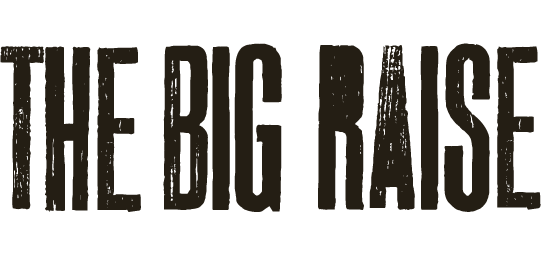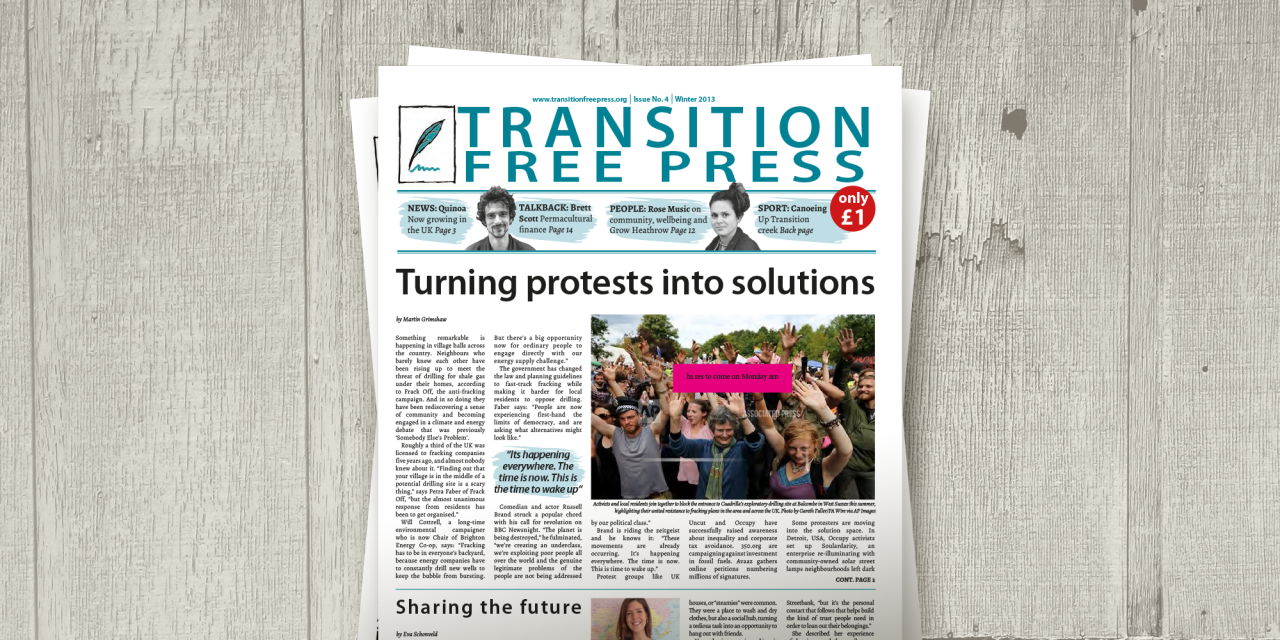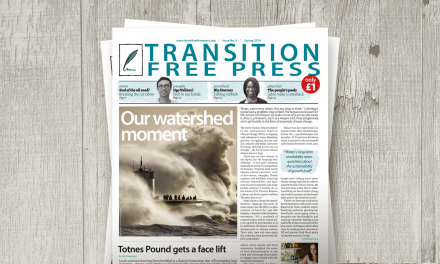More than four million people have switched bank account in the UK since the beginning of 2012, according to the Move Your Money campaign. That’s revolutionary in a country which has traditionally had a low switching rate for banking.
For the ethical saver there are plenty of options. The Ecological Building Society, Triodos Bank, your local community renewables company; the list is long and worthy. But the revolution is going less well if you want a truly ethical current account, with online access and a card to take cash out of the wall – especially now that the Co-op has been infiltrated by those bogeymen of global finance, the hedge funds.
The Salvation Army’s Reliance Bank is Move Your Money’s top-ranked national current account and might appeal to those who don’t mind surpluses being spent on evangelism. But the Salvation Army also doesn’t support gay rights or abortion, and it participates in the government’s controversial Workfare scheme. Plus it says it’s simply not geared up for taking on thousands of former Co-op account holders.
The Nationwide is still a mutual, but in the year to April 2013 it paid its Chief Executive £2.26m, 80 times the organisation’s average salary. It’s the same story at the two national building societies which top the Move Your Money list of best current accounts – Coventry and Leeds. And Leeds isn’t really offering a current account because you can’t have a debit card and you can’t access your account online.
Laura Willoughby of Move Your Money acknowledges there are no perfect current account providers. “The big problem is the back-end payments system that the big banks own and therefore monopolise,” she says. “That prices Triodos and others out of the current account market. The government needs to sort that out.”
Brett Scott, author of The Heretic’s Guide to Global Finance, says: “It’s a chicken and egg situation. Too few people currently use alternatives, and so alternatives struggle to get the revenues which would allow them to develop further. To break that feedback loop you need a critical mass of people to start using the alternatives.”
A few credit unions – like Bristol – offer current accounts with online access and debit cards, but the vast majority don’t. Ciaran Mundy, Director of the Bristol Pound, nevertheless urges everyone to join their local credit unions and “help them to grow and develop their services”.
“Of course this has to start small,” says Mundy, “but, in time, credit unions, genuinely membership-focused mutuals and local currencies can help to restructure the economic system.”
Mick Brown of Robert Owen Community Banking in Wales, which tries to bridge the gap between the credit union sector and conventional finance, agrees. “People should put their money where their mouth is if they think the system is corrupt and needs changing,” he says. “Use the banks for what’s free to you – like cheques – but costs them! Put the rest of your money through a credit union or a small mutual. We need to think more laterally.”
“Sometimes things have to hit rock bottom before people change,” says Mundy. “Maybe the recent events at Co-op Bank make it the right time for a new national ethical bank to emerge. I think maybe we should set one up!”
Alexis Rowell
First published in Transition Free Press 4 (Winter 2013).








